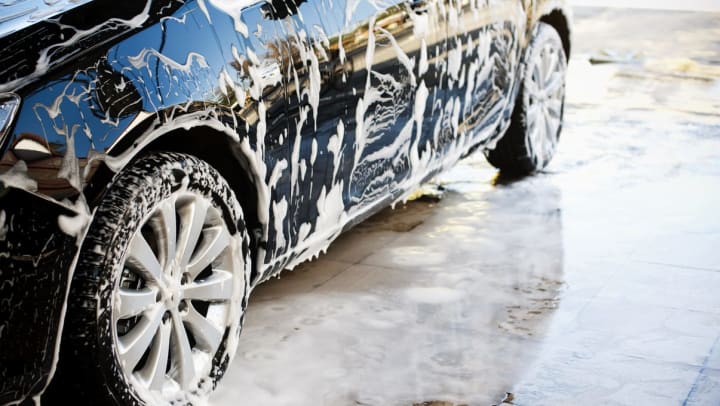Automatic car washes offer numerous advantages for car owners who are pressed for time but still want to keep their vehicle looking its best. Not only do these washes save time and effort, but they also ensure consistent cleanliness. Whether you’re a busy professional or a parent juggling multiple schedules, an Automatic Car Wash in Mt Juliet can keep your vehicle looking pristine with minimal hassle. Using such services means your car will have a gleaming exterior without needing personal elbow grease.
It’s not just about keeping up appearances; regular car washing removes abrasive dirt, bugs, and road salt that can eventually lead to corrosion if left unchecked. This kind of damage can affect not only the car’s look but also its value. Many experts recommend varying your wash frequency based on environmental factors and seasons for optimal care.
1. Factors Influencing Car Wash Frequency
Understanding the factors that affect how often you should wash your car is crucial for maintaining its longevity and aesthetics—environmental elements like road conditions, weather, and regional climate play significant roles. For instance, areas with high pollution or salty air may necessitate more frequent washes to combat residue buildup. Dust storms, heavy rains, or living near the sea can bring specific challenges for vehicle maintenance.
Moreover, personal preferences and usage patterns are significant. A meticulous car owner may wash weekly, ensuring every inch is spotless, while those who drive less or are more laid-back might find a monthly routine adequate for their car-cleaning needs.
2. Spring Cleaning Routine
With the arrival of spring, it’s essential to cleanse your vehicle of any leftover grime or road salt from the winter months. A thorough wash will refresh its appearance and protect its bodywork from developing any seasonal rust.
Consider scheduling car washes biweekly during spring to eliminate pollen and other plant debris that can accumulate during this blooming season. This routine can prevent the onset of paint damage due to lingering organic matter.
3. Summer Car Wash Tips
While summer is synonymous with clear skies and road trips, direct sunlight can bake contaminants onto your vehicle’s paint, causing potential damage. Weekly washes are advisable, especially if your car is parked outside frequently.
Dust and sap from trees can settle quickly, so maintaining a regular cleaning schedule is crucial. Additionally, applying a layer of wax can provide an extra shield against harmful UV rays, preserving the paint’s vibrancy and protecting your investment.
4. Autumn Maintenance Guidelines
Autumn introduces falling leaves and increased rainfall, which can leave debris and water spots on your vehicle. Keeping up with your washing routine every two weeks is crucial to ensure your car’s finish remains intact.
Removing organic materials promptly, such as leaves trapped on the windshield or beneath the hood, can prevent stains and potential clogging that damage your car’s appearance and functionality.
5. Winter Washing Necessities
Winter months, characterized by snow, ice, and road salt, can be particularly harsh on your vehicle’s exterior and undercarriage. This road treatment mixture is effective for safety but notorious for causing corrosion. Frequent washing—every week or biweekly—can stave off rust and other damage these elements can cause to car components that aren’t always visible.
Use an automatic wash that offers undercarriage cleaning whenever possible, as this area is most susceptible to salt-induced rusting during winter drives. Some automatic car washes also offer heated drying services to prevent water from freezing in crevices. By adhering to a mindful and seasonal approach to car washing, you not only prolong your vehicle’s life but ensure it always looks its best, regardless of the time of year.






